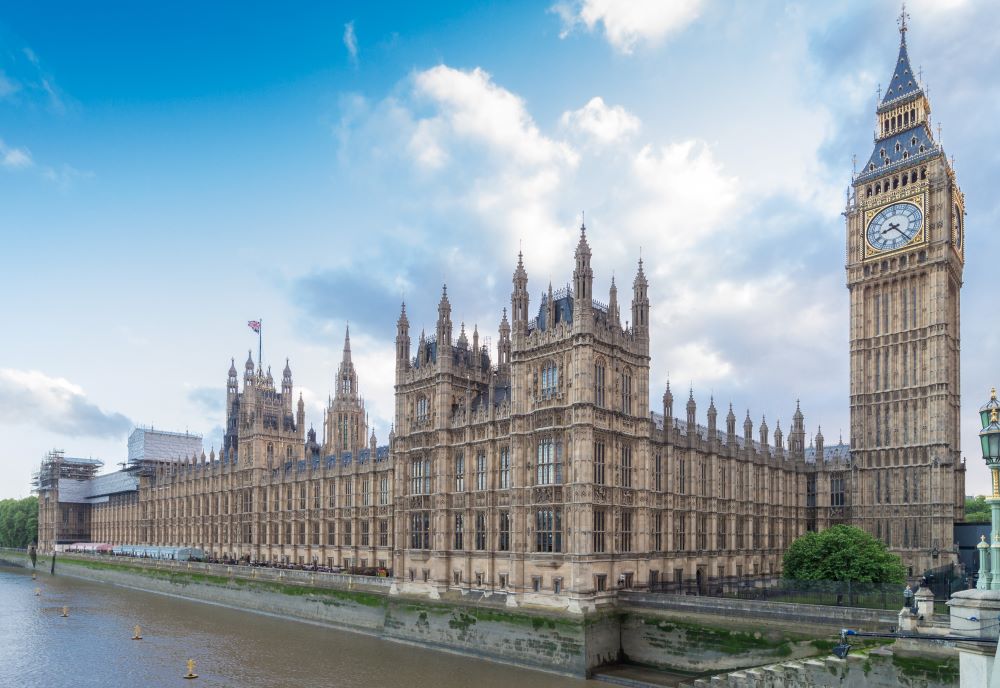
A cross-party group of MPs will today push for parliament to guarantee its own sovereignty over the trade deals the government agrees to on behalf of the UK – in what advocates have described as “taking back control”.
The 2019-21 Trade Bill deals with the UK’s post-Brexit trade policy. Amendments are being considered today (20 July) ahead of the third reading which is expected to conclude by 10pm tonight.
MPs are pushing several amendments to the bill, including calls for parliament to have a vote on negotiating objectives, a vote to ratify agreed-to trade deals and legal protections for the NHS, food standards and the environment.
1. ‘Take back control’
A group of 31 crossbench MPs – led by Conservative Jonathan Djanogly – is pushing for the right of parliament to vote on any deals the government agrees.
In many other nations or trade blocs – including the US, Japan and the EU – the trade deals negotiated by governments need to be ratified by the legislative body.
The amendment being tabled by MPs would prevent the government from being able to agree and pass trade deals into law without parliamentary scrutiny and approval.
“In effect, after leaving the EU we will have less scrutiny of trade deals than when we were a member of the [bloc],” said Djanogly of the bill in its current guise. “I find that hard to reconcile with the idea of taking back control.”
2. Parliamentary oversight
Another amendment is being pushed requiring parliamentary approval for negotiating objectives before the government commences talks with a prospective trade partner.
The BBC also reports MPs are trying to reinsert pledges made by Theresa May’s government in the earlier 2018 Trade Bill.
This includes the requirement for a report to be submitted to parliament before ratifying any agreement the UK has with a country it previously had a deal with through its membership with the EU. It would compare the new and previous EU deals.
3. Other amendments
Other amendments to the bill include clauses to:
- Take the NHS off the negotiating table in all deals
- Ensure future deals protect existing food standards
- Align future deals with the government’s climate and environment agendas
- Assess the human rights impact of any deal



